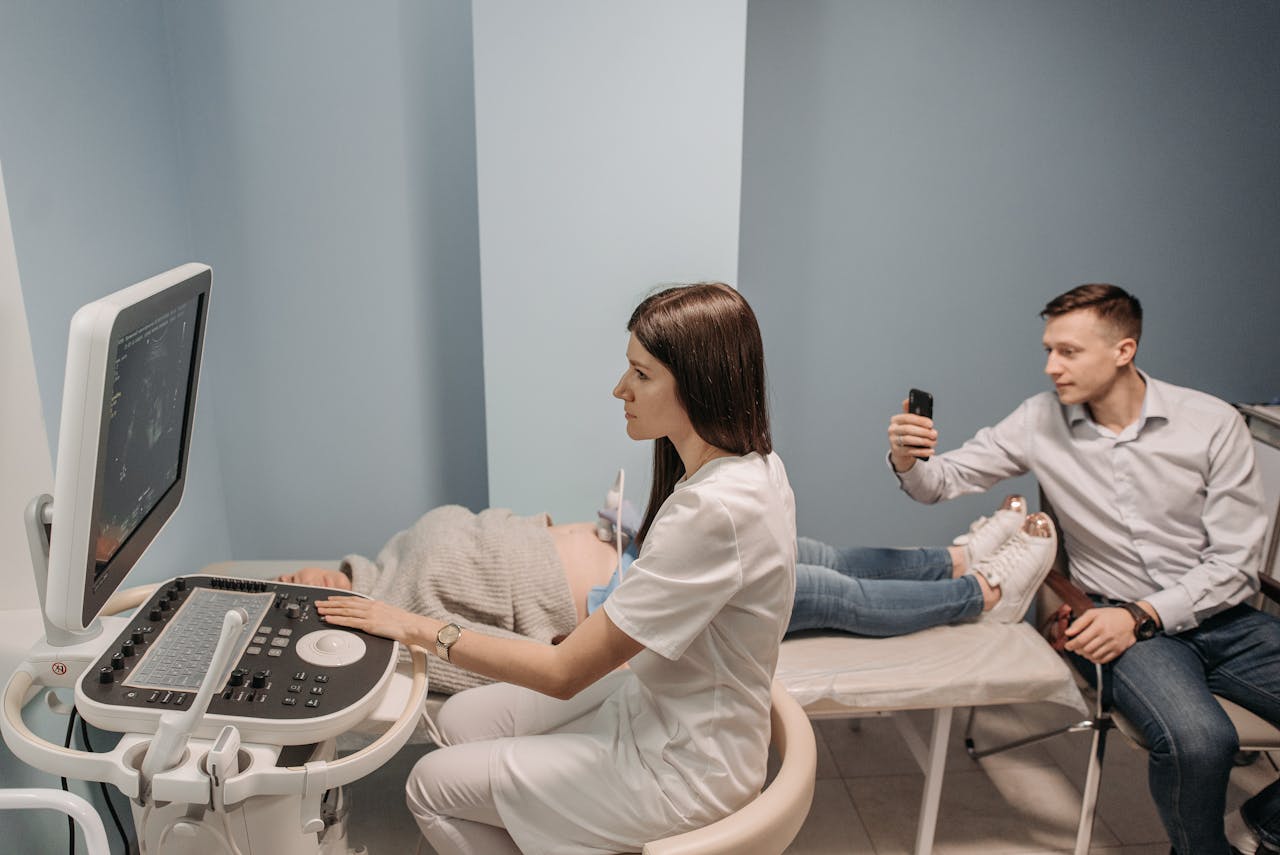Step 1: Build a Strong Foundation in Science
The first step toward becoming an obstetrician is completing a solid pre-university education. In Malaysia, this usually begins with a foundation in science, which covers essential subjects such as biology, chemistry, and physics. This programme provides the groundwork for understanding human anatomy, cellular processes, and the fundamentals of health and disease.
A foundation in medical science also equips students with problem-solving and analytical skills that are crucial for diagnosing and managing complex maternal conditions.
Step 2: Pursue a Medical Degree
Upon completing the foundation, aspiring obstetricians must enrol in a recognised medical degree in Malaysia. This typically spans five years and includes both academic and clinical training. During the clinical phase, students undergo rotations in various departments, including obstetrics and gynaecology.
Some students may choose an MBBS in Malaysia, a globally recognised qualification that provides a comprehensive understanding of general medicine and the human body. This programme lays the clinical foundation needed for future specialisation.
Step 3: Housemanship and Compulsory Service
After earning a medical degree, graduates must complete two years of housemanship in Malaysian public hospitals. This includes supervised training across several disciplines, including obstetrics and gynaecology. House officers apply their academic knowledge in real-world settings, performing examinations, monitoring patients, and assisting in surgeries.
Following housemanship, doctors are required to complete a period of compulsory service, usually lasting another two years, during which they may continue working in obstetrics departments under supervision.
Step 4: Specialise in Obstetrics and Gynaecology
To become an obstetrician, doctors must pursue postgraduate training in obstetrics and gynaecology. This involves enrolling in a Master’s programme or a recognised specialist pathway, often lasting four to six years.
Step 5: Register as a Specialist and Continue Development
Once specialist training is completed, doctors must register with the Malaysian Medical Council (MMC) as a specialist in obstetrics and gynaecology. This recognition allows them to practice independently as consultants.
However, the learning doesn’t stop there. Continuous Professional Development (CPD) is encouraged throughout one’s career. Obstetricians often attend workshops, seminars, and international conferences to stay updated on the latest medical practices and technologies.
Skills and Traits of a Successful Obstetrician
Becoming an obstetrician requires more than academic qualifications. It demands a unique combination of skills and personal qualities, such as:
- Empathy and compassion
- Strong communication and interpersonal skills
- Ability to work under pressure
- Sharp clinical judgement
- Manual dexterity for surgical procedures
Obstetricians often work irregular hours and must be available during emergencies, making resilience and time management essential traits.
Career Opportunities for Obstetricians in Malaysia
Qualified obstetricians can work in public hospitals, private medical centres, maternity clinics, and academic institutions. As Malaysia strengthens its maternal healthcare services, the demand for trained obstetricians continues to rise.
There are also opportunities to subspecialise in areas such as:
- Maternal-foetal medicine
- Gynaecologic oncology
- Reproductive medicine
- Minimally invasive surgery
Those with a passion for teaching may also pursue academic careers at leading medical universities in Malaysia, mentoring future doctors and conducting research.
Is This the Right Path for You?
If you’re passionate about women’s health, enjoy problem-solving, and are committed to lifelong learning, a career in obstetrics can be deeply fulfilling. The path may be long and demanding, but the ability to support women during some of their most vulnerable—and joyful—moments makes it a profoundly impactful profession.
Start your journey with a foundation in science and explore your options at a top medical university in Malaysia. With structured pathways and continuous support, becoming an obstetrician is a realistic and rewarding goal.
FAQs About Becoming an Obstetrician
1. How long does it take to become an obstetrician in Malaysia?
It typically takes about 12–15 years, including foundation, medical degree, housemanship, and specialist training.
2. What Is an Obstetrician?
An obstetrician is a specialised medical doctor who focuses on pregnancy, childbirth, and postpartum care, a stage that requires as much attention as pregnancy itself to support a mother’s full recovery and emotional well-being. Unlike general practitioners, obstetricians undergo extensive training to manage routine and high-risk pregnancies, perform deliveries, and address complications related to maternal and foetal health.
3. Is obstetrics the same as gynaecology?
No, but they’re closely related. Obstetrics deals with pregnancy and childbirth, while gynaecology focuses on reproductive health.
4. Can I study obstetrics locally?
Yes, you can study at a medical school in Malaysia, beginning with a foundation in science and progressing to an accredited medical programme.






